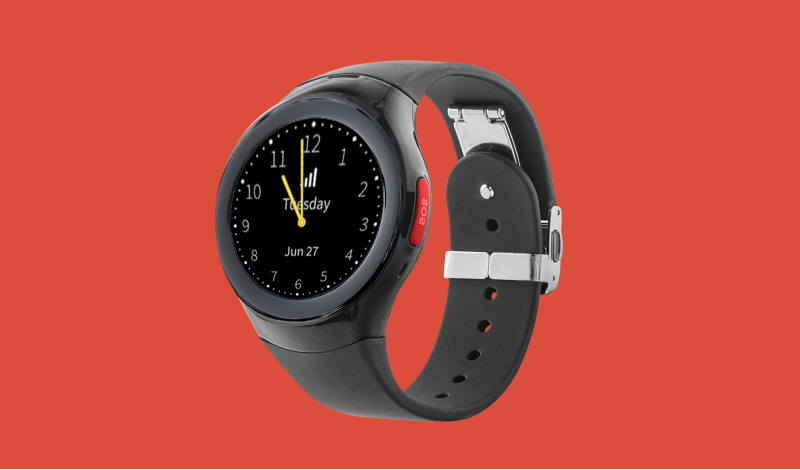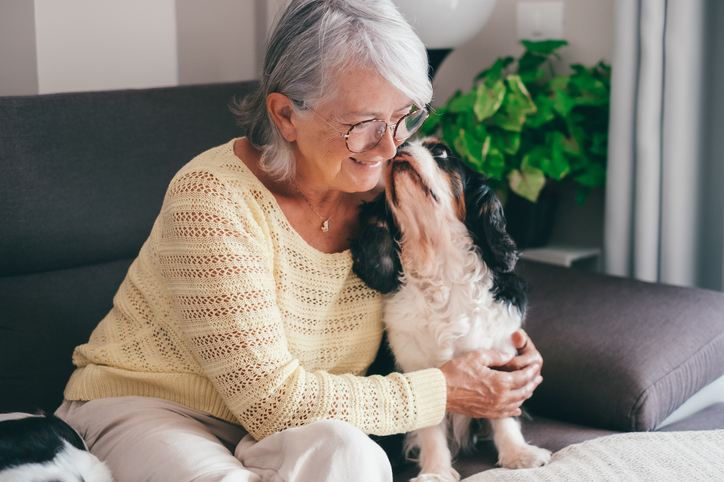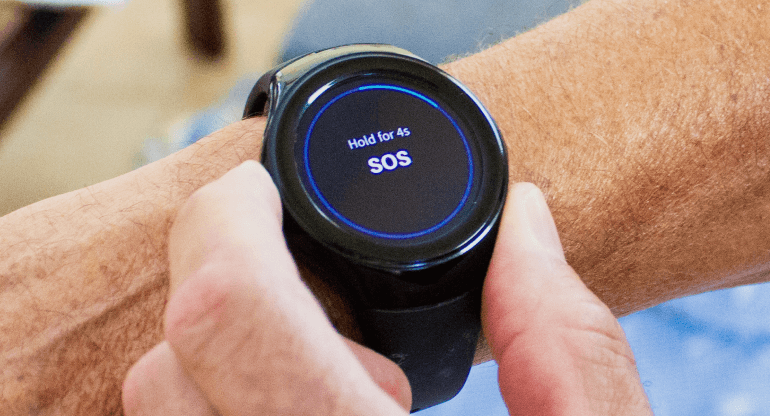
1. Make sure there is adequate lighting. Seniors often have a hard time seeing stairs and can’t always differentiate between the individual steps. As a result, it’s necessary to install plenty of lighting in the stairway to illuminate each platform. Use the maximum wattage available for the light fixture and ensure that there’s a switch at the bottom and top of the flight.
2. Each stair should be at least 11 inches deep and the steps should be even. If you have an especially old house or suspect that your stairways aren’t up to building codes, it might be a good idea to have a builder come check it out.
3. The surface of the stairs shouldn’t be slippery. Cover hardwood with non-skid mats or consider carpeting the stairs. Just be sure that you inspect the condition of these surfaces on a regular basis to ensure that they’re not detaching or wrinkled.
4. Keep the stairways clear. If you have a tendency to accumulate clutter like books, shoes or items that you intend to bring upstairs on your next trip, these materials could pose a hazard to your loved one. Instead, place a small table off to the side of the foot of the stairs to hold things.
5. Maintain the stability of the handrails. Your stairs should ideally have handrails on either side, but one can be sufficient. Make sure that the rail is sturdy and doesn’t wobble, and that there are no missing pieces. The width of the handrail should be no thicker than 6.25 inches, to provide for easy gripping.
Once you’ve made sure that your stairs are safe for your loved one, it might be a good idea to invest in a medical alert watch from Bay Alarm. In case there is ever an accident on the stairs or another type of emergency, a medical alarm can provide your relative with help at the push of a button. You’ll both have peace of mind knowing that assistance is always available. And the automatic fall detection device will activate in the event your loved one is unable to push the emergency button on their own.














